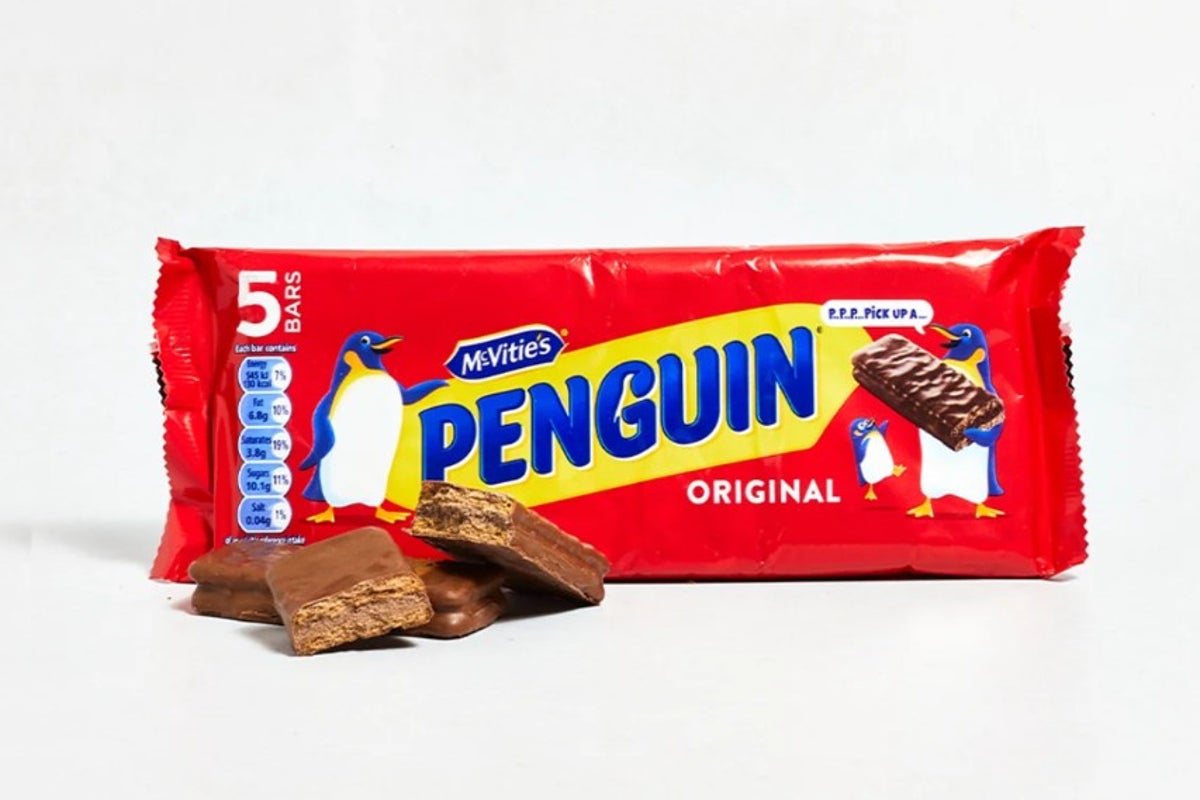
Some of Britain’s most beloved lunchbox biscuit brands have reduced their cocoa quantities so much, they can no longer be legally classed as chocolate.
McVitie’s biscuit bars Club and Penguin have quietly reformulated, resulting in the coating being downgraded to “chocolate flavour”
Club has been forced to retire its original biscuit slogan: “If you like a lot of chocolate on your biscuit, join our Club”, in favour of: “If you like a lot of biscuit in your break, join our Club.”
It comes as the prices of cocoa continues to soar, which has led Pladis, owner of McVitie’s, to increase palm oil and shea oil contents in the chocolate-y coating on Club and Penguin bars as the cocoa solids content drops, according to trade journal The Grocer.
“We made some changes to McVitie’s Penguin and Club earlier this year, where we are using a chocolate flavour coating with cocoa mass, rather than a chocolate coating,” Pladis said in a statement to the publication.
“Sensory testing with consumers shows the new coatings deliver the same great taste as the originals.”
The Independent has approached Pladis for comment.
Products such as KitKat White and McVitie’s white digestives had to stop being marketed as “white chocolate” earlier this year because they do not meet the minimum requirement of 20 per cent of cocoa butter.
Cocoa farmers in the Ivory Coast warned earlier this year that without financial support and fairer markets, cocoa yields would be destroyed by 2030.
The West African nation is the biggest producer of cocoa in the world, yet years of depressed prices have destroyed farmers’ ability to reinvest in their land. Unpredictable climate conditions have also caused productivity to plummet and prices to skyrocket.
The rising costs of cocoa have also led to “shrinkflation”, with Consumer brand Which? finding that some Easter eggs from major brands had gone up as much as 56 per cent per 100 grams, year on year.
In one instance, an 80g pouch of Terry’s chocolate orange mini eggs from Lidl not only rose in price from 99p to £1.35 in one year, the package size shrank to 70g. The price rose by 56 per cent per 100g.
